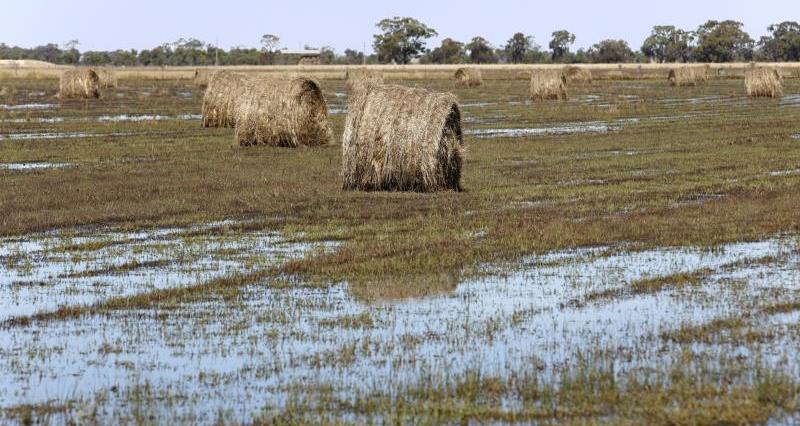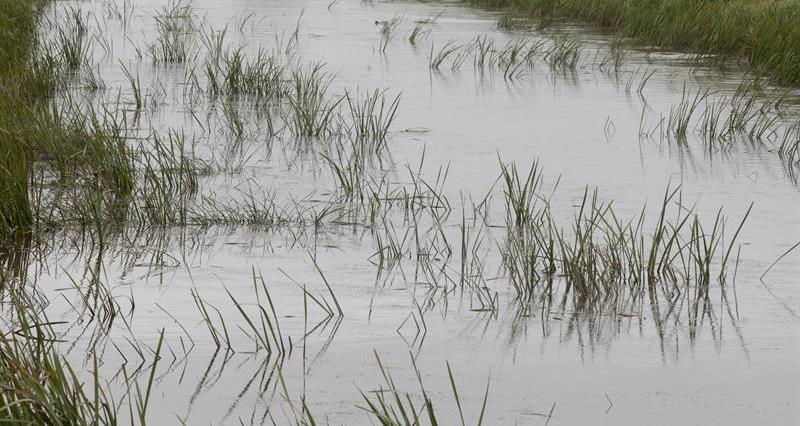During May, the government announced an expansion to the Farming Recovery Fund to help more farm businesses recover after relentless heavy rain and devastating flooding across the country over the winter.
The funding was first announced in January and the NFU has worked with the RPA and Defra to help develop the offer which has included feeding in examples of the challenges faced by our members.
In response, NFU Vice President Rachel Hallos highlighted that “months later, farm businesses are still suffering the impact of the relentless rain”.
“Thousands of acres of farmland have been completely saturated and unusable, and we’ve just finished an incredibly difficult harvest with huge variations in yield and quality.”
Payments for the expanded offer were expected to be made this summer, however many are yet to receive the support with no announcements expected now until after the government announces its Budget on 30 October.
"Farmers urgently need this support now to help recover," Rachel added.
Time pressures are critical
During the debate, Peers highlighted the need for farmers to be compensated for their role in flood management and raised the importance of a long-term strategy for water.
The Bishop of St Albans warned that the government needs to urgently roll out the scheme “as businesses and livelihoods are under threat”.
“The time pressures here are critical. We need to remember where the food on our table comes from, who is on the ground doing so much of the work to restore our natural habitats and move towards net zero, and of course playing an essential role in protecting our homes against flooding.”
The Bishop drew attention to the fact the Environment Agency has a £34 million deficit in its maintenance budget and said “government must ensure that capital funding is in place for flood defences to ensure that basic maintenance is conducted on drainage and flood defence systems.”
“We need a long-term plan for how we protect our towns and countryside from what is becoming more regular, and expensive, flooding events.”
NFU Vice President Rachel Hallos
Baroness Bakewell said she was grateful to the NFU for briefings on this subject and highlighted the NFU’s efforts in making multiple requests to Defra and the RPA on the expanded Farming Recovery Fund.
She added: “It really is time that those farmers whose land is used to store flood water on a continual year-on-year basis should have some financial recompense for the loss of the use of that land. If protecting and preventing homes, villages and towns from flooding is not a public good then I’m not sure what is.”
Defra Minister Baroness Hayman said the Food Security and Rural Affairs Minister is “working very hard to look at how we can make the ELM scheme work for farmers and work for things like flood mitigation, work for food security”.
Wettest September on record
The news comes as Met Office provisional figures report that September 2024 is set to be the wettest September on record for some counties.
Ten English counties experienced their wettest September on record and for Bedfordshire and Oxfordshire, September 2024 was the wettest calendar month the counties have experienced, in a series dating back to 1836.
England saw 95% more rainfall than its September average, with Wales experiencing 39% more.
“With further heavy rain leaving more fields waterlogged, arable farmers are once again concerned about getting crops in the ground for next season,” NFU Vice President Rachel Hallos added.
“We cannot keep getting stuck in this cycle – we simply must invest in our water management systems. The Farming Recovery Fund is one part, but we need a long-term plan for how we protect our towns and countryside from what is becoming more regular, and expensive, flooding events.”



